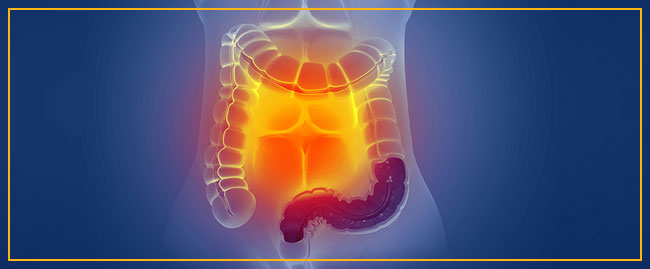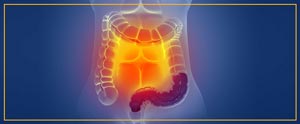Colonoscopy Procedure Specialist Q&A
The top healthcare provider you can count on is our team at Advanced Gastroenterology of Central Florida. Contact us today and let’s discuss how we can work together and live healthier lives. For treatment, schedule an appointment online. We have convenient locations in Kissimmee FL, and Orlando FL.





Additional Services You May Need
▸ Colonoscopy
▸ GERD/Acid Reflux
▸ Colon Cancer
▸ Digestive Problems
▸ Esophagogastroduodenoscopy (EGD)
▸ PEG Tube Placement
▸ Flexible Sigmoidoscopy
▸ Small Bowel Endoscopy
▸ Esophageal/Mucosal Endoscopy
▸ Radiofrequency Ablation
▸ ERCP
▸ EUS and FNA
▸ Endoscopic Mucosal Resection (EMR)
▸ Pseudocyst Drainage
▸ Stricture Dilation
▸ Fistula Management
▸ Weight Loss Program
▸ Hemorrhoid Banding





